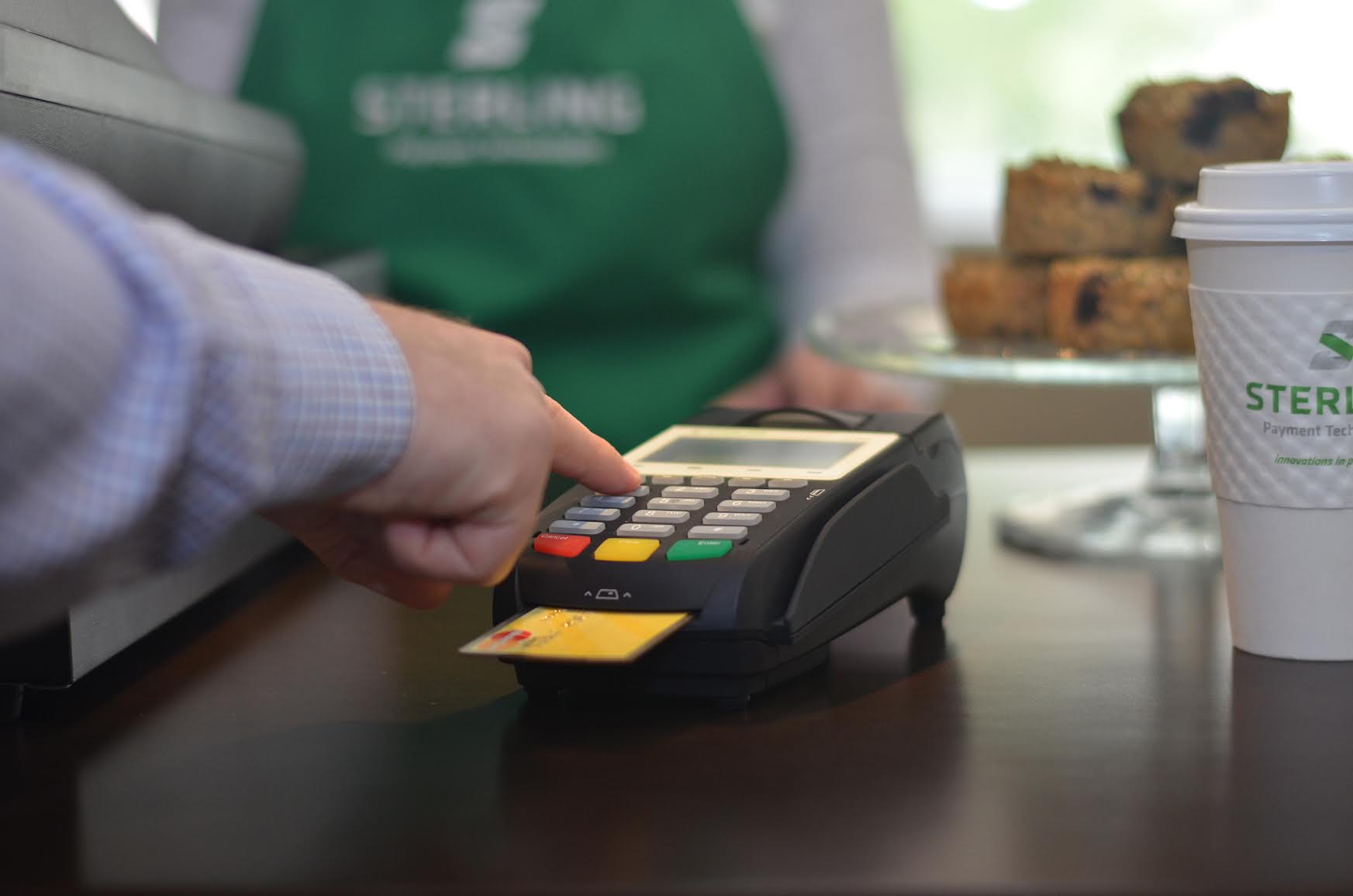Common Mistakes to Avoid When Choosing a New POS System
3 Min Read By Nicole Bryan
There are a number of aspects to consider before purchasing a new point-of-sale system for a business. Since the owners, management and entire staff will rely on the POS system for daily operations and tracking key metrics, it is a crucial investment that requires time and research to find the right fit. When it comes to POS systems, buyers should be aware because easy mistakes can be made when choosing.
The process itself requires time, patience and most importantly, financial commitment, all things that a lot of business owners do not have to readily spare. Avoiding common mistakes means avoiding duplicating efforts and controlling time and costs that could result in selecting the wrong system the first time around.
Here are a few common mistakes to avoid when choosing a POS system:
Mistake #1: Basing Decision on Price Alone
Going for a cost-effective POS system is not a bad plan, but it is important to not compromise important features in the process. A cheap and low quality POS system could lack the features and functionalities that help to run a competitive business. Saving a bit of cash is always a perk, but wasting unnecessary time making up for the shortcomings of a system is definitely not.
Overall, the system could end up costing more in the long run with extra effort and energy. It is important to recognize that more money may need to be spent on a more sophisticated system. Creating a budget and finding options within that budget with all of the needed features is the best way to avoid missing out on the right POS fit.
Mistake #2: Not Accounting for Hidden Costs
It is easy to look past hidden costs with POS systems, especially as a busy business owner. It is important to factor in the costs of training staff, maintenance of the system, and payment processing, among other things. Failing to account for these additional expenses could result in paying more than originally planned.
Covering all of the bases when it comes to the entire costs associated with a new POS system and factoring in these expenses will put a business owner in a good spot: migration costs, hardware and software, payment processing, maintenance, setup fees, and additional registers.
Mistake #3: Limiting Customer Payment Options
Customers today expect more options than ever when it comes to paying for their goods and services. With the EMV Liability Shift of 2015, it is important to accommodate to chip cards for even more than just customer convenience. Accepting chip payments also eliminates fraudulent charges that the business owner would otherwise be responsible for.
Beyond EMV, customers are becoming interested in mobile payments and mobile app purchasing. Offering limited payment options might turn some customers away from products and services.

Mistake #4: Purchasing a One Size Fits All System
There is no one single POS system that is the right fit for every single type of business. What a retailer needs is different than a restaurant, or a gas station, or a bicycle shop. Each of the vertical markets have unique needs.
Finding a system that is specific to the market will offer unique features that can increase profit and productivity. Choosing industry specific POS systems will provide a larger ROI compared to a generic, one size fits all.
Mistake #5: Skipping the Support System
A reliable support system is imperative for a business owner who is juggling a lot of different moving parts. Having a knowledgeable support system will help with technical questions and problems that come up. It is important to consider the technical support that is available when purchasing POS hardware and software. Few things are more frustrating than waiting on hold for an hour or speaking with a machine when a problem arises.
The last thing a business owner wants is for a problem to surface that dampens a customer’s experience or results in a loss of business. Picking up the phone and speaking with a real human being who can answer questions about the POS system is a comforting experience, one worth the money.
Choosing the right POS system for a business can prove to be a tasking experience, especially with how serious of a decision it is. Asking the right questions, doing the research, prioritizing the needs of the business, and understanding what mistake to avoid are the keys to finding the perfect system.
A POS system can make or break a business, making mistakes in choosing one can result in loss of profits and loss of business. Putting in the work to find the right POS system will give a business owner a peace of mind to focus on more important matters.
This article originally appears here.


